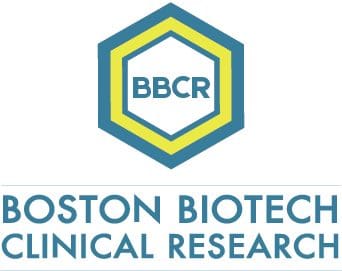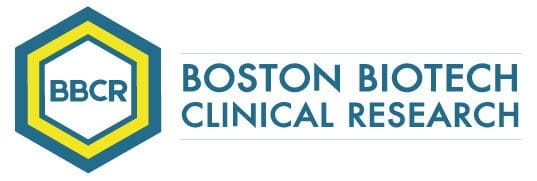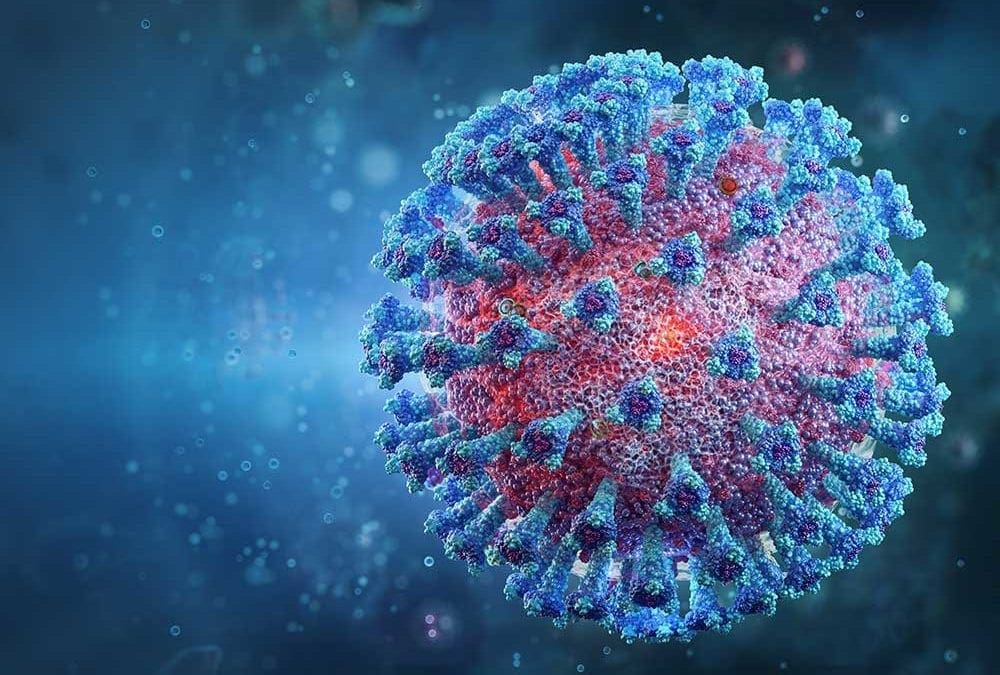Blood-based immunological changes that are linked to the disease and, in some cases, to symptom severity were published in Nature Medicine
Source: (https://www.nature.com/articles/s41591-020-1038-6).
For a disease with such diversity of symptoms and outcomes, and in patients of different ages and sexes with different underlying conditions, finding a common immune pattern of the immune response to COVID-19 seems impossibility.
The study identified a peripheral blood immune common pattern across 63 hospital-treated patients with COVID-19 who were otherwise highly heterogeneous.
The analysis includes changes in B and myelomonocytic cell composition, profoundly altered T cell phenotypes, selective cytokine/chemokine upregulation and COVID 19 specific antibodies.
Some features correlated with the severity of disease.
Through a longitudinal study—taking patients’ blood samples on different days during the hospital stay—scientists showed that those patients who had high levels of IL-6, IL-10, and especially IP-10 in their first blood sample taken were more likely to have a poorer outcome.
These findings, contingent upon independent validation, may guide treatment options, and aid early risk-based patient identification and drive treatment decisions.

Specializing in rare disease, Boston Biotech Clinical Research works with biotech, pharmaceutical, device companies and investors to streamline the clinical trial process. Our experienced team helps each client reach their specific goals by customizing a clinical and regulatory road map of simplified programs and streamlined protocols to meet our clients’ requirements.

